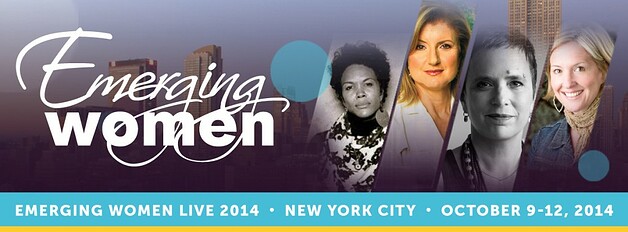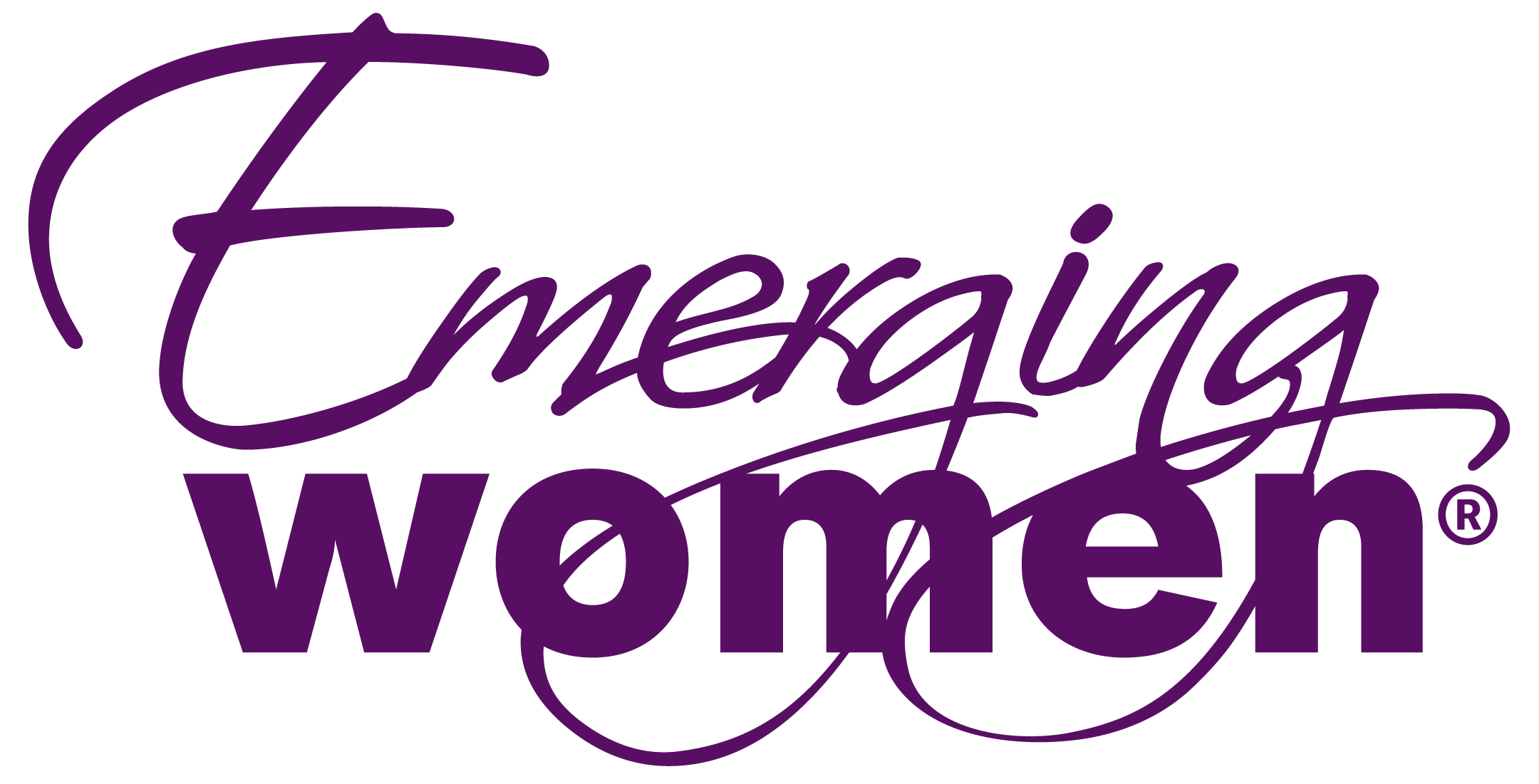This is a transcript of my conversation with the powerhouse Claire Zammit. Claire is the co-creator of the Feminine Power training courses for women and co-leads a thriving learning community of hundreds of thousands of women throughout the world. She is a gifted and highly trained specialist in transformative education that gives her audience access to life-altering shifts, leading to embodied and lasting change. She is also a co-founder of Evolving Wisdom, a transformative education company listed as number 83 in Inc. Magazine’s 2013 list of top 500 fastest-growing, privately held companies in the nation.
Chantal Pierrat: Welcome, Claire.
Claire Zammit: Hi, Chantal. Great to be with you.
CP: I’m excited to be talking to you because I know that every time we get on the phone together, we end up talking about my favorite topic, which is feminine power.
CZ: Yes, absolutely.
CP: Well, maybe we should just jump in, and I know that’s the title of your upcoming book, and it’s the title of your work.
CZ: We’ve been teaching a seven-week course on feminine power for the last four years, and we’ve had about seven thousand women participate in that, and hundreds of thousands more with our free events. It’s something that I’m really seeing as speaking to women’s experience at a very deep level. I think that’s what we connect with when we have our conversations. So I’m excited to be able to dive into it today, together.
CP: “Feminine” and “power.” They’re two very different energies, but together they totally make sense. And I’m just curious to see if you can start with defining what you mean by “feminine power.”
CZ: Well, I might just start, if I can, with a bit of a story that creates a little context for it. My teaching partner Katherine Woodward Thomas and the women that we were serving in the community, we had started in Los Angeles—we had a center for transformation, and we were coaching women and working with women.
And both of us were accomplished, successful women, as were the women we were serving. And we really noticed, in spite of having so much “power” in our lives, we both felt this very painful and confusing gap between the deeper potentials that we sensed for who we were as women, for the creative contribution, for the intimacy and connection of our relationships, and just for our overall experience of life. We couldn’t quite put our finger on what it was, and we found that women everywhere were having the same experience as us.
At the same time, we noticed that there was a yearning towards the feminine that was happening. We said, “This is really interesting. So why don’t we do a class so we can begin to explore what the feminine is?” And the first night of class, we listed these feminine qualities up on the board, and these masculine qualities up on the board—just common assumptions about the feminine: flowing, intuitive, receptive, surrendered, nurturing. And typical masculine qualities like logical, linear, hard, angular, penetrating.
And we looked at these different energies and these different qualities, and what we noticed was that we were hungry, as a group, as women, to experience these more feminine qualities. We were very drawn, but there was a collective fear that if we allowed ourselves to be scented in these qualities, that there would be a loss of power. So there was this idea that we were drawn to power, we’re drawn to this feminine, but it occurs like somehow there’s not power available to us.
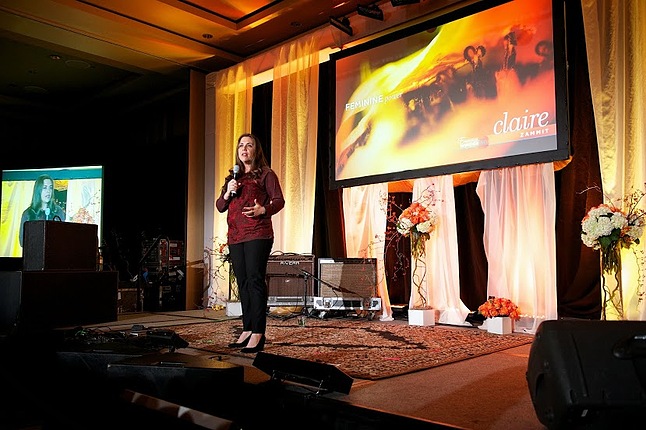
We looked up the word “power” in the dictionary, and it said, “To do, to act, to accomplish, political force, might.” And it was like, “Gee, this sounds very much like the masculine qualities that we have up on the board.” And we realized—it was kind of a big awakening—that we as women, in the power system that we’ve been mastering over the last 50 years, have been in more of a masculine version of power.
And so we just went, “Wow, I wonder what a feminine version of power would look like,” so that we could begin to create and source our lives from these feminine qualities. We made it our mission to find out how to access the more feminine version of power. And the interesting thing we found was that it speaks to a shift that’s happening, I think, for women where we have accomplished a lot—and certainly there’s a long way to go globally and in the United States. But there have been huge strides made over the last 50 years through feminism that the opportunity, the access to power and to freedom is so enormous.
“We made it our mission to find out how to access the more feminine version of power.”
It’s a different kind of yearning that’s waking up inside of us where we don’t necessarily want to just achieve success, or we don’t want to necessarily just have power for power’s sake. What we see—and this was my experience, it was Katherine’s experience, it was the experience of the women in our community—is that what we’re yearning for is to actually create our lives as an expression of who we truly are and an expression of our deepest gifts. We want to realize our higher spiritual potentials, our potentials for our relationships, our larger creative contribution.
“What we’re yearning for is to actually create our lives as an expression of who we truly are and an expression of our deepest gifts.”
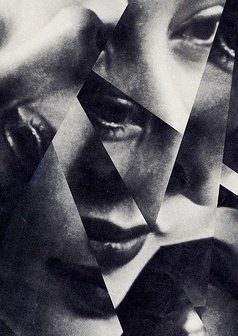
And what we recognized and realized was that because that has to do with the flourishing of these higher potentials, you actually can’t create that kind of success in your life just with the masculine system of power. For that, we need to awaken this new system of power, which is more of the feminine system, and that’s really what we’ve been going into in all of our work.
So the masculine system of power is anything that’s predictable or controllable, and that you can create with a step-by-step plan—like building a house. You have a plan, you have a certain number of bricks, you have an infrastructure, you know how many people you need, and you can just execute the plan and be able to make it happen. So the masculine system is a wonderful system to use for anything that you can create in that way. If you want to get a rocket ship to the moon, the masculine system has been amazing. The miracles of science, the marvels of industry are incredible gifts of the masculine. It’s not that it’s wrong and bad, it’s just insufficient to create the things that we’re now most yearning for.
And feminine power is really the power to create those things that can’t be controlled: true love, intimacy, higher creativity, the realization of your spiritual potential, your creative gifts, being able to impact others. All of these things we need to be able to access with more of a feminine system of power that we’ve found is based upon the feminine principle of relatedness. So I would say there is a difference—I could go into this all day, but I hope that’s a helpful starting point in terms of the context around the two.
CP: Yes! Creating a life where we’re really living our truth, and the outer world becomes a reflection of our inner alignment.
I love the idea that feminine power becomes expressed through relationship and our greater contribution. After you realize the truth of who you are, you can go in a million different directions. But when people with a strong feminine lead realize the truth of who they are, they want to express it in terms of relationship. This means a great contribution to the world and how we can make the world a better place.
CZ: Yes. And this is where it really is a paradigm shift. Many of us are looking at what we’ve been lined up with. Many of us have been lined up with goals of success—going to college and getting a good job. I know I certainly grew up where these were the markers of success. And I experienced them. I was a high achiever early on in life, and I was able to accomplish a lot of goals.
By the time I was in my late twenties, I was the head of an organization, I had a team of 50 women. Everything looked great on the outside. I had accomplished all of the things that I was supposed to do, and yet I was painfully depressed. I would go to sleep with a kind of agony. I would wake up with it. And it was really the beginning of a dark night of the soul. And it was very confusing because I felt like there was a deeper purpose, a deeper reason why I was here. I could feel this contribution inside of me; I could sense it, but I couldn’t see it.
“I felt like there was a deeper purpose, a deeper reason why I was here. I could feel this contribution inside of me; I could sense it, but I couldn’t see it.”
And I think this is the challenge that we have, where we need to create with a different system of power. Because the yearning that’s awakening in us, it’s not just to achieve these external markers of success, as wonderful as they are. A deeper yearning is awakening in us to discover who we are and why we’re here, and really participate in the life process in a way that’s bigger than ourselves. And that has to do with becoming the fullness of who we are in service to the evolution and flourishing of life.
“A deeper yearning is awakening in us to discover who we are and why we’re here, and really participate in the life process in a way that’s bigger than ourselves.”
That’s really the deeper context each one of us—you, me, all of us—in our clearest moments sense that we have gifts and talents inside of us that the world has never seen and may never see again after we’re gone. Perhaps even in our most courageous moments we sense that we have a role to play in shaping the future of our world. And the thing I’ve really discovered is we’re right, but we can’t necessarily see what that looks like or how to get there. And the power that we’ve been cultivating— to do, to accomplish, to make things happen— is not necessarily the power that’s going to give us access to unleashing the fullness of who we are in this larger context.
“We have gifts and talents inside of us that the world has never seen and may never see again after we’re gone.”
CP: Right. I think that’s what excites me the most about the rising feminine. And as we can teach our society, both men and women, to accept that energy, both as a lead and also as something to be integrated with the masculine, that it will bring that component of, “Yes, we want to realize who we are, but that’s not the end of the story. That’s not the end of the game right there. That’s just a stepping stone so we can be more effective in connecting with the rest of the world in a real way.”
CZ: Right! Absolutely. Through becoming ourselves, we can access the power to transform and evolve the world.
“Through becoming ourselves, we can access the power to transform and evolve the world.”
CP: Right. So juicy. And I love your work also because you are teaching women. And again, the feminine is more subtle, there are subtler energies rather than, “OK, step one, step two, step three.” And there’s a lot of skills-based trainings out there for women who want to build businesses, who want to lead, but this vision piece, this perspective, the deep inner transformation that’s required—I really feel like that’s where the real work is.
CZ: Yes. Right. Absolutely. How do we begin to source power from relatedness? What’s the process of creating something from the inside out? In our work, we teach that there are three primary sources of feminine power, and the first is our relationship with ourselves, getting into an empowered relationship with our feelings and emotions so that we can transform and embody the deeper truth of who we are. I love that in your tagline, I think that’s the foundation. We need to actually step in and become the women that we came here to be.
“We need to actually step in and become the women that we came here to be.”
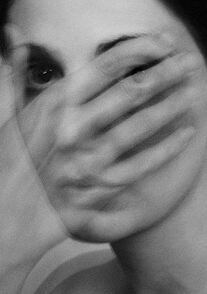
Secondly, to be able to step into this rich co-creative relationship with the energy and intelligence of life and access our own inner guidance and the intelligence and creativity of the life process. And finally, in our relationships with each other. I think we’re so deeply entrenched in a paradigm of competition and autonomy. We feel like there’s something insufficient in us if we need help or partnership or support. But we’ve really found that the truth is we can’t become ourselves by ourselves, and we actually need to learn how to open up and receive and generate support at an unprecedented level to be able to create in this way.
“The truth is we can’t become ourselves by ourselves, and we actually need to learn how to open up and receive and generate support.”
These ways of knowing and being and creating are a critical piece of development that we need to take on to be able to be successful at all of these other things—exactly what you’re pointing to. We don’t want to just have the tools to be able to make things happen. We want to be able to self-express, self-evolve, co-create, and for that we absolutely need to engage.
“We don’t want to just have the tools to be able to make things happen. We want to be able to self-express, self-evolve, co-create, and for that we absolutely need to engage.”
I found it was critical in me—if I can share something from my own experience—to try to make that more tangible, more concrete. So the first thing, “becoming who you are,” I think we all sense this deeper possibility of who we are, and for many of us, we don’t have an experience of being mirrored by others in our lives, personally or professionally, in ways that reflect who we truly are.
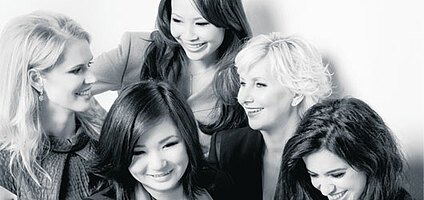 That was my experience. I had this chronic experience of invisibility. I would go to different events, different places, and I would feel like I wouldn’t ever get any opportunities. And it would be very confusing because I knew I had wisdom to contribute, but I felt like there was a way, both personally in my relationships, where I felt very unseen and invisible, and professionally, where it was constantly my experience, where other people were not extending support or offering me opportunities or inviting me to participate in things. And I was very, very confused.
That was my experience. I had this chronic experience of invisibility. I would go to different events, different places, and I would feel like I wouldn’t ever get any opportunities. And it would be very confusing because I knew I had wisdom to contribute, but I felt like there was a way, both personally in my relationships, where I felt very unseen and invisible, and professionally, where it was constantly my experience, where other people were not extending support or offering me opportunities or inviting me to participate in things. And I was very, very confused.
And I realized that I had a chronic way of being where I was constantly disappearing myself without even realizing it. So I was actually disconnected from my own feelings and emotions, and this is very common in women’s development in our culture. To access power in the masculine, we’ve had to become very hyper-rational, hyper-in-our-heads, to make it happen. That’s the kind of system. We don’t necessarily know how to relate to what we’re feeling. We kind of disappear our own inner selves.
And so I was so disconnected from myself that it was generating this experience of other people not being able to feel connected to me either. I was kind of waiting to be discovered [laughs]. I was confused because I had such an ability to see into other people and their experience—that’s often one of the gifts of this pattern of invisibility.
But through the principles we teach in Feminine Power—this is where we start, our first power base—I was able to get connected to myself, and I was able to get connected to what I was feeling, what I was seeing, what I was sensing. And I developed an ability to make that visible, make myself visible. So it was a shift from waiting to be discovered to actually taking responsibility to present myself into the world.
“It was a shift from waiting to be discovered to actually taking responsibility to present myself into the world.”
This is what it looks like when we say, “Become the woman, become your true self.” There’s a gap in terms of who we are and who we’re being and how we’re showing up and how we’re relating. And when I began to show up and I was presenting myself, I can’t begin to tell you how radically things began to change for me in a very short period of time.
To be continued… You can listen to the recorded version of this interview HERE
